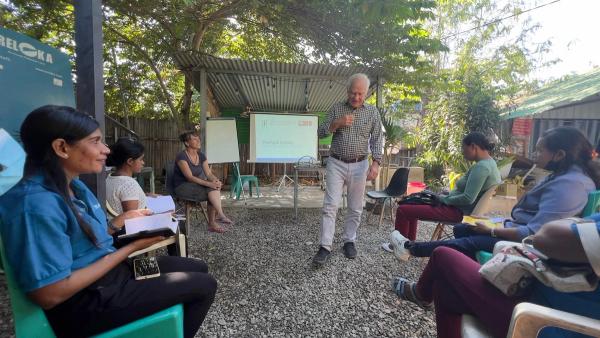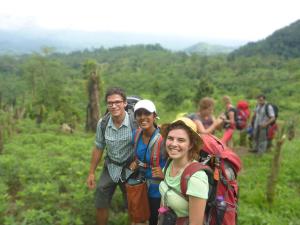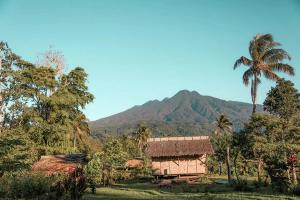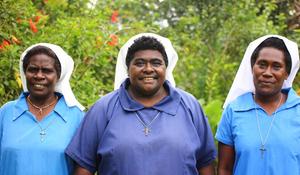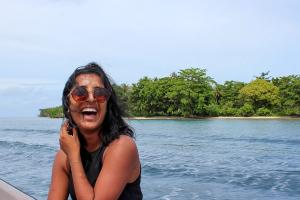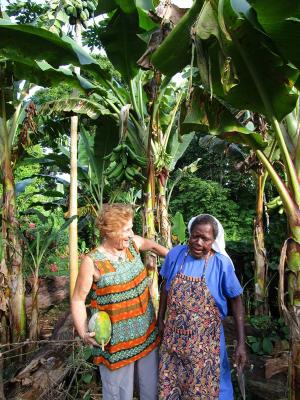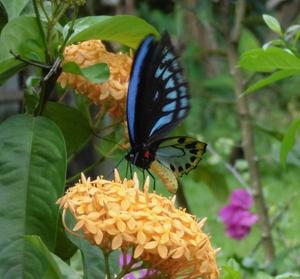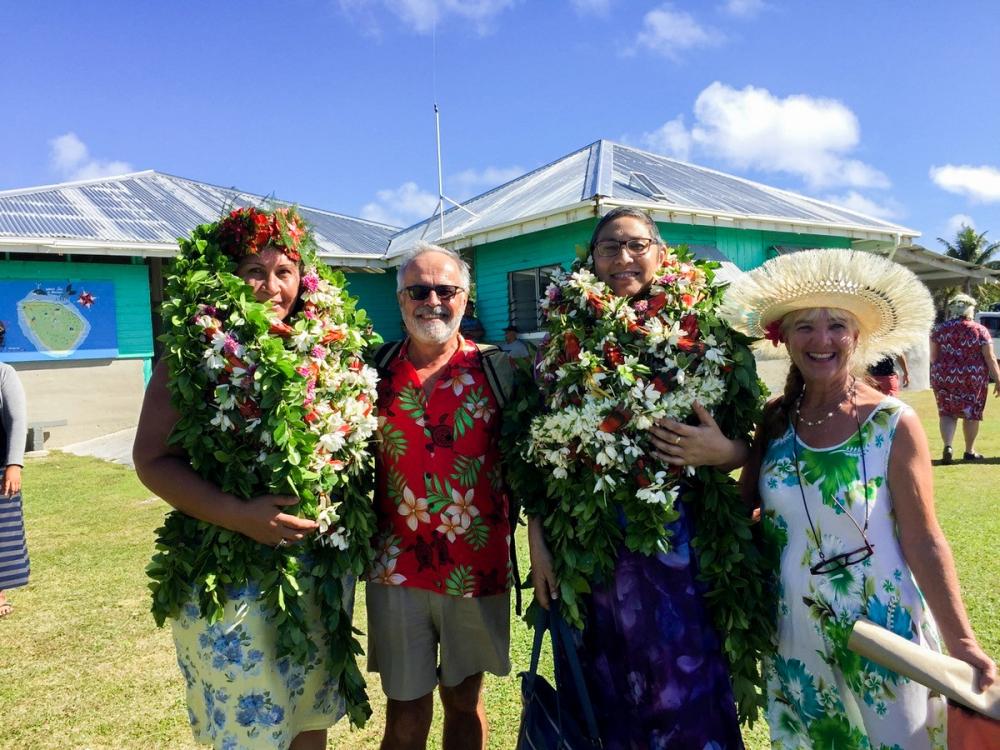

Cook Islands
The Cook Islands: A pacific nation of culture, community, and connection
The Cook Islands is a self-governing group of 15 islands spread across 2.1 million square kilometres of ocean, with a total land area of just 240 square kilometres. Though independent in internal affairs, the islands are in “free association” with New Zealand, Cook Islands nationals are New Zealand citizens, and New Zealand, in consultation with the Cook Islands Government, manages external affairs such as defence.
Economically, the islands rely heavily on tourism and marine resources, with agriculture also contributing, main products include copra, fruit, vegetables, coffee, pigs and poultry. However, economic growth is constrained by environmental vulnerability, limited infrastructure, and labour shortages. A trade imbalance persists, with the country importing more than it exports, mostly from New Zealand.
Our work in the Cook Islands
Since our engagement began, VSA has worked alongside the Cook Islands Government and community organisations to support long-term development goals. Our focus is on:
1
Tertiary education and skills development
Supporting national efforts to expand post-secondary training options and align qualifications with local industry needs.
2
Public sector capacity building
Enhancing skills in key government departments through targeted assignments.
3
Youth and Pa Enua (outer island) engagement
Prioritising education and training access for young people and those in more remote island communities.
Economic context
Tourism is the cornerstone of the Cook Islands economy, contributing around 75% of GDP before the COVID-19 pandemic. With 115,000 visitors annually pre-pandemic, the islands’ service sector is vibrant but sensitive to global economic shocks. The economy is supplemented by small-scale agriculture and fishing, yet the nation still experiences a significant trade deficit and relies on imports from New Zealand for most consumer and infrastructure needs.
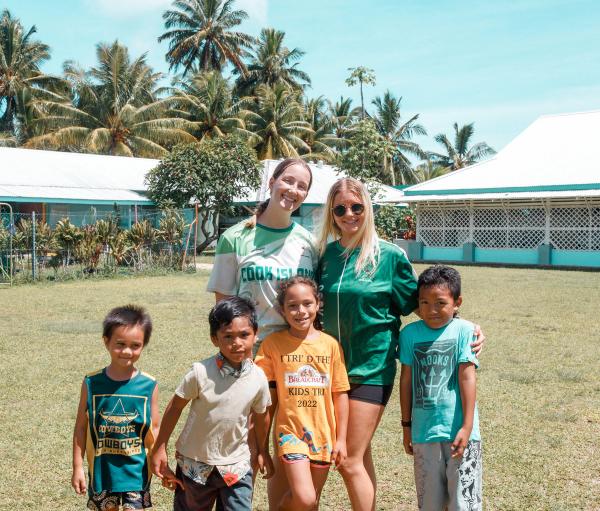

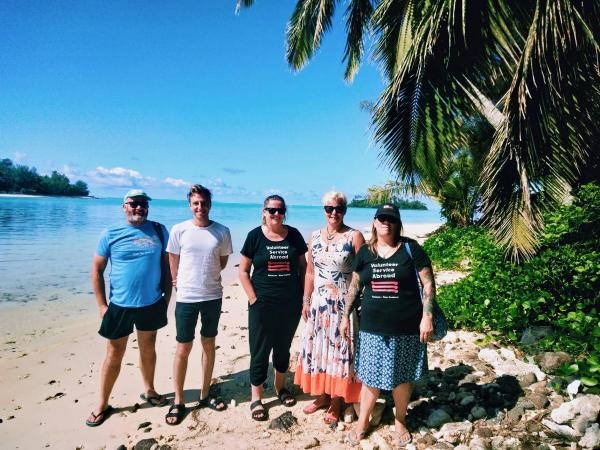

Development challenges
While the Cook Islands enjoys political stability and a strong relationship with New Zealand, development challenges persist:
- Environmental vulnerability and climate change
- Limited infrastructure and services on outer islands
- Labour shortages and emigration
- Educational access and workforce skill gaps
Our assignments aim to help bridge these gaps by supporting local institutions, building community resilience, and strengthening future opportunities through education and training.
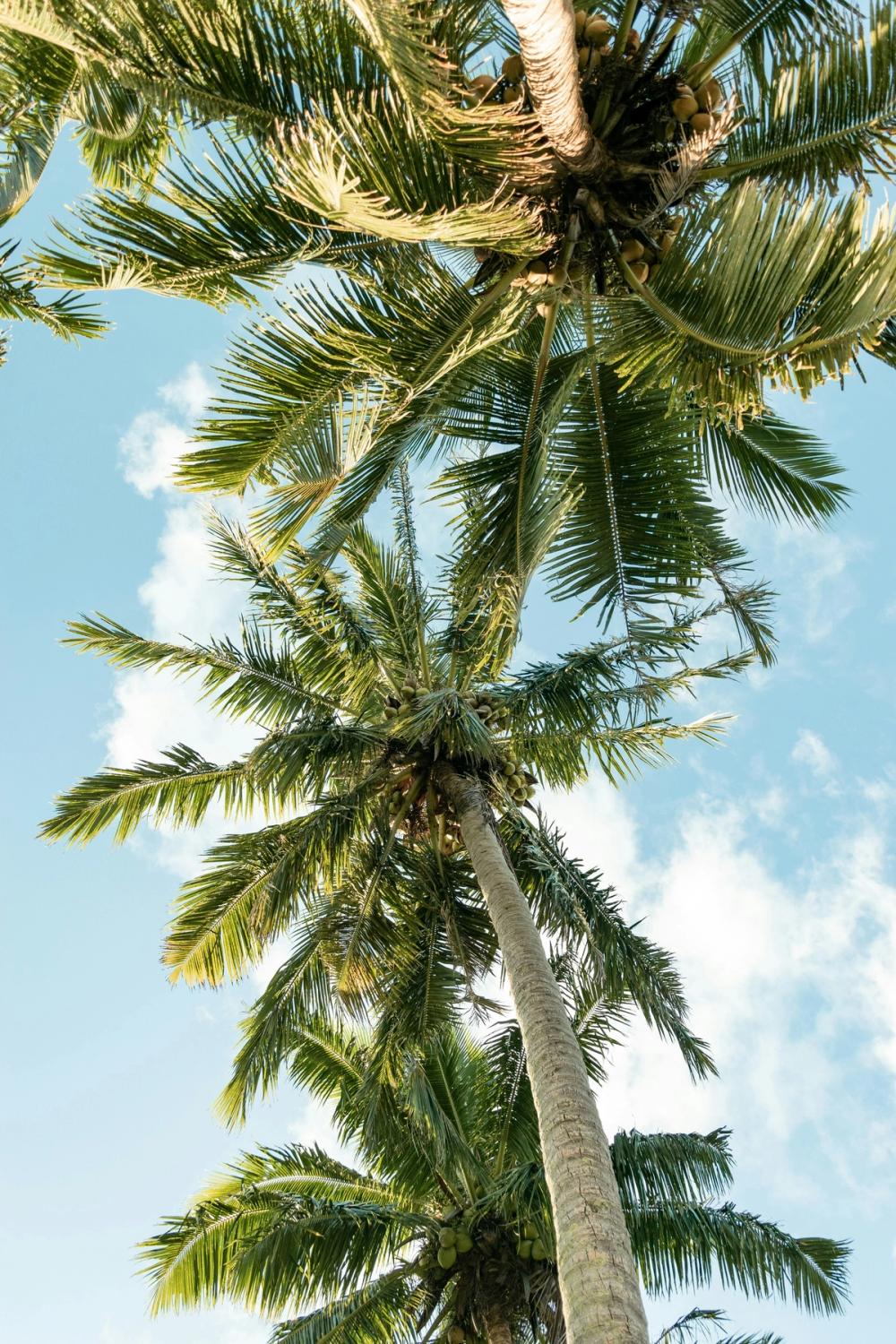

Things to consider when living and volunteering in the Cook Islands
1
Language and culture
The official languages are Cook Islands Māori and English. Volunteers will receive basic language training at the start of the assignment and follow up as required. New Zealanders who speak Te Reo will have an advantage.
Music is an important part of Cook Islands' culture, with two key forms being traditional drumming and church singing. Woodcarving, weaving, painting and other handicrafts are important cultural activities as well as sources of income.
2
Housing and living conditions
We provide volunteers with basic, furnished accommodation. Volunteers will have access to telephones, internet, restaurants, public transport systems and 24-hour power, although power outages occur occasionally. Volunteer housing will likely have gas facilities for cooking. The Cook Islands have the same electrical plug socket and voltage as New Zealand. Mains water supply may be fine for drinking but volunteers will often boil water, use a purifier or drink bottled water to be safer from contaminants.
3
Dress standards and traditional dress
Swimwear or very casual clothing should not be worn when visiting towns or villages. If attending church, women should wear a dress or skirt, and men should wear long trousers.
Traditional dress for both men and women is a wrap-around piece of material called "pareu". This is worn casually or tied especially for more formal occasions.
4
Health
There is a hospital, emergency service and chemist on Rarotonga, and very small hospitals on Aitutaki and Atiu. Health services are limited on other islands. There are no venomous snakes or insects, but centipedes bite and the coral reefs (and stone-fish) should be treated with caution.
5
Safety
VSA provides all selected volunteers with a thorough security briefing that covers specific local issues prior to departure. In general, there are no problems moving around Rarotonga, although you will be given a more detailed security briefing upon arrival. Take care when walking alone and avoid this at night.
6
Banking and finances
ANZ and Westpac both have branches in Avarua. There are ATMs around Rarotonga and Aitutaki and EFTPOS in some hotels and shops.
7
Town amenities
Volunteers will live in Rarotonga but may visit outer islands. Most common goods and services are readily available on Rarotonga, usually at the same or slightly higher price as in New Zealand.
8
Cellphones and email
Telecom Cook Islands provides international telephone, mobile telephone, fax and internet services. Individual islands are connected by a combination of satellite earth stations, microwave systems, and VHF and HF radiotelephones; within the islands, service is provided by small exchanges connected to subscribers by open-wire, cable, and fibre-optic cable. There are internet cafes on Rarotonga and Aitutaki. WiFi is available at some resorts and hotels.
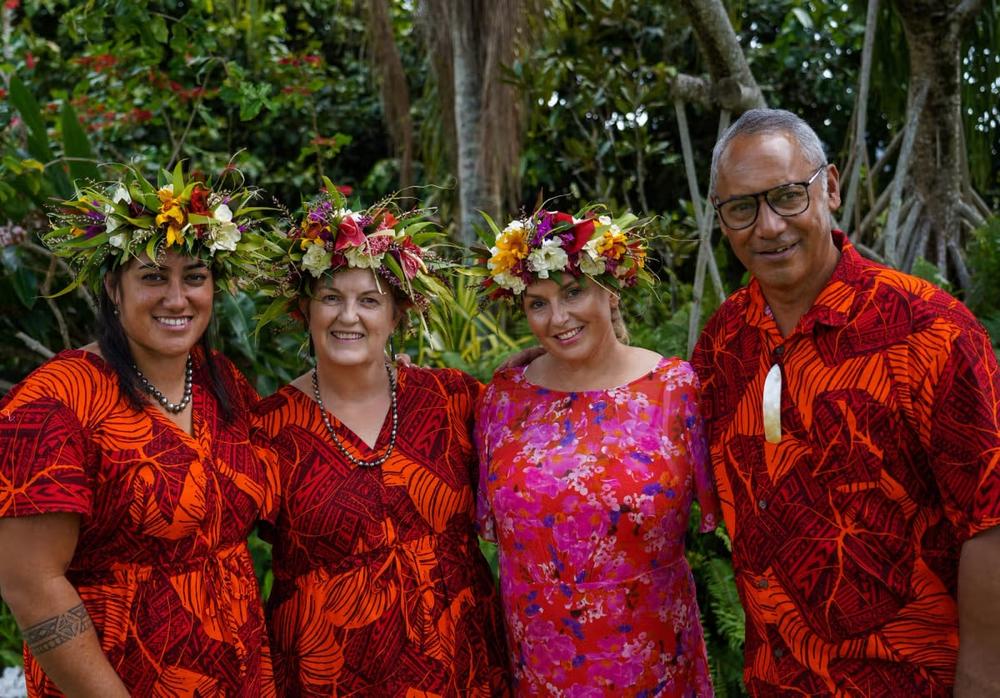

Language revitalisation in the Cooks
Open positions
Let’s work together to create meaningful change.
Want to become a partner?
We work in partnership with government agencies, NGOs, and community groups to share skills, strengthen systems, and support locally driven development.
If your organisation could benefit from volunteer expertise in areas like education, health, agriculture, governance, or climate resilience—we’d love to hear from you.
